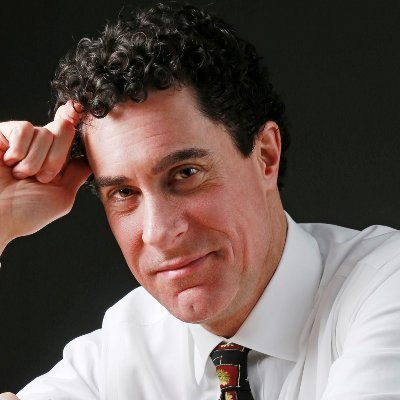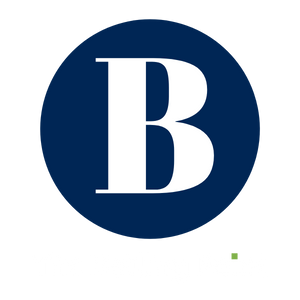Hard To Be Human
Ted Cadsby is Overcoming Our 5 Cognitive Design Flaws
Listen Now
In This Episode
Being human isn’t easy. We get overwhelmed with emotions, caught up in overthinking and sometimes react a little too much. Why is it difficult to be who we are? What is it about us that makes it challenging just to be us? If you’ve wondered why we do what we do, think how we think, and feel what we feel, you need to listen to our conversation with Ted Cadsby.
In This Episode
First 10 Minutes
We hear how Dave felt he was a little too excitable during his conversation with Ron Veale, his father. Emily gives us an update about her recent fly fishing trip. Emily shares www.emilysrodger.com where she posts about her hosted trips for her fly fishing trips. We’re introduced to our guest Ted Cadsby and learn about his background in the financial services industry and his leadership roles. Ted shares his interest in the human condition and his book from 2012, “Closing the Mind Gap”. He followed it up by looking at what makes it hard to be a human being. “ “ 2021. Dave asks about emotions that sometimes drive financial decisions and if that is where Ted connected to these ideas.
10 Minutes – 20 Minutes
Ted shares some of the aspects that we fail at in investments and that reflects back to how we react or overreact to parts of our lives. Ted talks about how we differ from our animals and how we are more complex and face outside factors that others do not face. Our brains were designed to work in a harsh world but with clear signals, but now we are in a less harsh world in developed countries, but the signals aren’t as clear. Emily brings up the idea of functional flexibility and it struck her as a key concept. Ted explains how it’s wonderful how we can adapt to certain situations, but that it carries consequences for all of our actions that we have to weigh in our decisions. Ted uses the Will Smith Oscars moment as an example of that process. Ted shares what the 5 flaws are.
20 Minutes – 30 Minutes
The group discusses the 5 fatal flows and how they effect us in different situations. Ted uses an example of COVID-19 to demonstrate how confirmation bias kicks in. Dave ties it into the leadership coaching idea of listening to understand. Emily agrees that it’s so much easier to coach when you are open to what they are telling you. Ted explains how we sometimes we jump to assumptions in other people’s experiences is by asking questions. Chief Conversational Coordinators
30 Minutes – 40 Minutes
Pain is more painful than pleasure is pleasurable. The group discusses how we respond to different situations in our lives.

Ted Cadsby
Author, Speaker, Consultant
Ted Cadsby, MBA, CFA, ICD.D, is a corporate director, consultant to organizations, bestselling author and researcher, writer and speaker on tackling complex problems, and the human condition.
As the former executive vice president of Retail Distribution at the Canadian Imperial Bank of Commerce, he led 18,000 employees in banking and wealth management services. He also served as President and CEO of CIBC Securities Inc., Chairman of CIBC Trust Corp., and Chairman of CIBC Private Investment Counsel Inc., overseeing Canadian and international offices.
Ted has served as a corporate director on a number of boards, including Meridian Credit Union, ResMor Trust Company, Canadian Scholarship Trust Foundation, The Centre for Addiction and Mental Health Foundation (CAMH), The Mutual Fund Dealer’s Association of Canada, and The Investment Funds Institute of Canada, and has been a member of and chaired a variety of board committees. He is a Business Advisor to the Ted Rogers School of Management Leadership Centre at Ryerson University, where he is also the co-lead of its executive leadership program, Effective Leadership in Complex Times.
In addition to his two bestselling books on investing, Ted is the author of Closing the Mind Gap: Making Smarter Decisions in a Hyper-Complex World, and Hard to Be Human: Overcoming Our 5 Cognitive Design Flaws (October 12, 2021). He has written numerous articles for various publications, including The Globe and Mail and Harvard Business Review. Ted advises, teaches, and speaks on decision-making, leadership, and group effectiveness and has been extensively interviewed by the national media, including CBC’s The National and CTV National News.
Ted graduated as the medallist in philosophy from Queen’s University, completed his MBA at the Ivey Business School at the University of Western Ontario, and holds the Chartered Financial Analyst designation from the CFA Institute and the ICD.D designation from the Institute of Corporate Directors.
